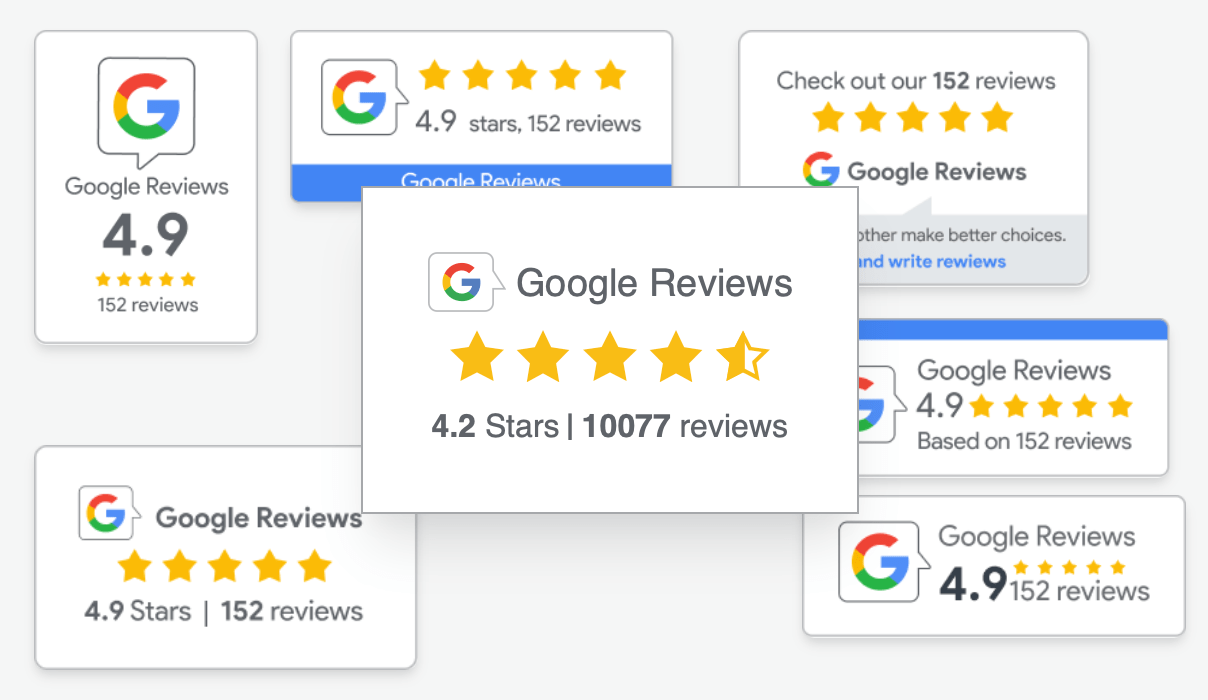5 Key Elements to Making a Good Web Site
How to Build A Business Website

1. Base Specifications on Your Business Plan
This may be an obvious statement, but the best web designs begin with plane ol’ boring planning. That planning begins well before the building of the site begins. For business websites, the business owner must clearly understand their business model, products and service, branding, their customers and processes such as sales and lead generation.
The business model helps determine the type of website. An online retail business or a brick-and-mortar business with an online sales component will likely need an ecommerce store with the ability to display a product catalog and process payments.
A law or consulting office will not need an ecommerce function, but may need to allow online credit card payments. A real estate office may need to show dream homes via live MLS listings. Branding information helps determine the colors, imagery, font styles to use on the website so they are in harmony with your business. You don’t want the customer hesitating to interact with your website because they are unsure that it belongs to you.
If a business understands their customers and processes, the web designer will know whether online appointment schedule is needed. Do their customers prefer Apple Pay? If the business provides medical services, they may need HIPAA-client form integration. These are but a few examples of website
integrations
that are often overlooked.
Once these key criteria have been determined and clearly documented, it is time to turn attention to design of the actual website. Design principles, system integrations and performance must be taken into account.
2. Design with your Customer in Mind
A fork is designed to be picked up with at least one hand, lowered into something yummy, raised and inserted into your face port. Its size, shape, weight and features allow a fork to be used effectively. A website also has a particular function and must be designed to that in the best and most efficient way possible. So, rather than just putting pictures and words on a screen, design principles are applied.
Design principles are based on contributions from professionals in industries as diverse as psychology and behavioral science, physics, ergonomics, and more. In general, these principles are
fluid set of laws that guide designers in efforts to produce effective websites. They affect which components make it into the final design and how they are organized.
Design Principles
When you find a website that makes sense, looks decent and works as it should, it means that you, dear human, are benefitting from the work of GM senior product designer, Jon Yablonski. His book, titled “
Laws of UX: Using Psychology to Design Better Products & Services ”, (UX meaning “user experience”) guides designers with a list of considerations that make user interfaces intuitive to navigate. (
Check the website for more of the science behind the design ... or just enjoy the trippy graphics)
Hick’s Law (Minimum # of choices)
Fitt’s Law (Main Actionable targets easy to reach)
Jakob’s Law (Avoid complex, novel navigation)
Law of Common Region. (Which of these things belong together?)
Web design templates, which are common in modern web design environments, are often based upon those principles. So, while you are free to deviate from the templates (or “wild out”), the principles of how elements are grouped, how many things there are to interact with on one screen, complementary background colors and texts can still be of great help in developing your final, brilliant product. Yes. Einstein, Rembrandt and Henry Ford would all have loved your website.
3. Choose a Website Builder Platform
The best website builder is the one that best fits your needs. Again, as mentioned earlier, those needs depending upon the requirements that were the result of your planning. You may find that you require a specific feature that only functions on a certain platform, such as WordPress, Duda or Squarespace. Perhaps your employee or designer specializes on a specific platform. Are costs and maintenance a factor?

It is also quite possible that the majority of the features you need are actually part of a “Software as a Service” platform such as a restaurant reservation and online ordering system. In such a case, that platform can either replace your website entirely OR act as a page on your existing website. This would cut down technical complexity and maintenance concerns considerably. But the trade-off can be some loss in flexibility.

Another VERY important consideration with regard to platform is performance. Google has created a standard called Core Web Vitals which measures website performance. Websites that do not perform well according to that standard will not be prioritized in Google searches. Some platforms perform better than others in key ways. A consideration of your business needs should bring you to the best conclusion.
4. Take advantage of existing Integrations
There was a time when a website was basically a billboard. Those days are gone. For many businesses, their websites are an integral part of their marketing, operational and customer service strategy.
Certain pages of your website can be configured as landing pages. This is the place on a website where paid advertisements would be pointed. It gets right to the point of encouraging the visitor to take action. That action may include booking an appointment with you, downloading a lead magnet or collecting contact information and making service requests.


With so ma
ny products and services geared toward specific industries, it would not be a common occurrence for a completely custom-programmed solution to be required. There are client management systems, accounting, appointment forms and online solutions specific to legal practice management, insurance information, restaurant reservation and ordering systems, automotive dealer finance applications and more.
So, rather than imagining performing business functions manually or by hand, it may be best to reach out to a consultant for your industry to see what integrations exist. Business owners often find that their lives can be simplified considerably with the proper combination of the correct tools and good integration into their websites.
5. Budget Wisely and for Value
Determine your budget for the initial development and ongoing monthly expense. Your budget may require you to build your own website initially. Only you know if you have the time and experience for this. There are also many quick, cheap website that can be setup in a day or less. Check the reputation and reviews on those companies. Users have reported a cheap initial cost but a substantial charge for integrations, changes or monthly maintenance fees.
In some cases, the site is delivered based on a single template and cannot be changed in appearance without rebuilding the whole site from the beginning. Ouch. That $295 website deal may not be the deal you expected. But, we all learn this at some point, right?
Know exactly what you are getting for your dollar and do not be afraid to work with a
local professional
you can trust. You will likely find that there is far less frustration and wasted time over the life of the website.
Conclusion
Have a business plan. Design and build your website according to established principles. Choose the best platform for your performance and business needs. Only develop custom code when your business plan is so unique and new that it is not addressed by an existing plugin or integration software.
While there is always more detail to explore, we hope this information helps you design or choose a website that meets your business requirements and delights your visitors.












